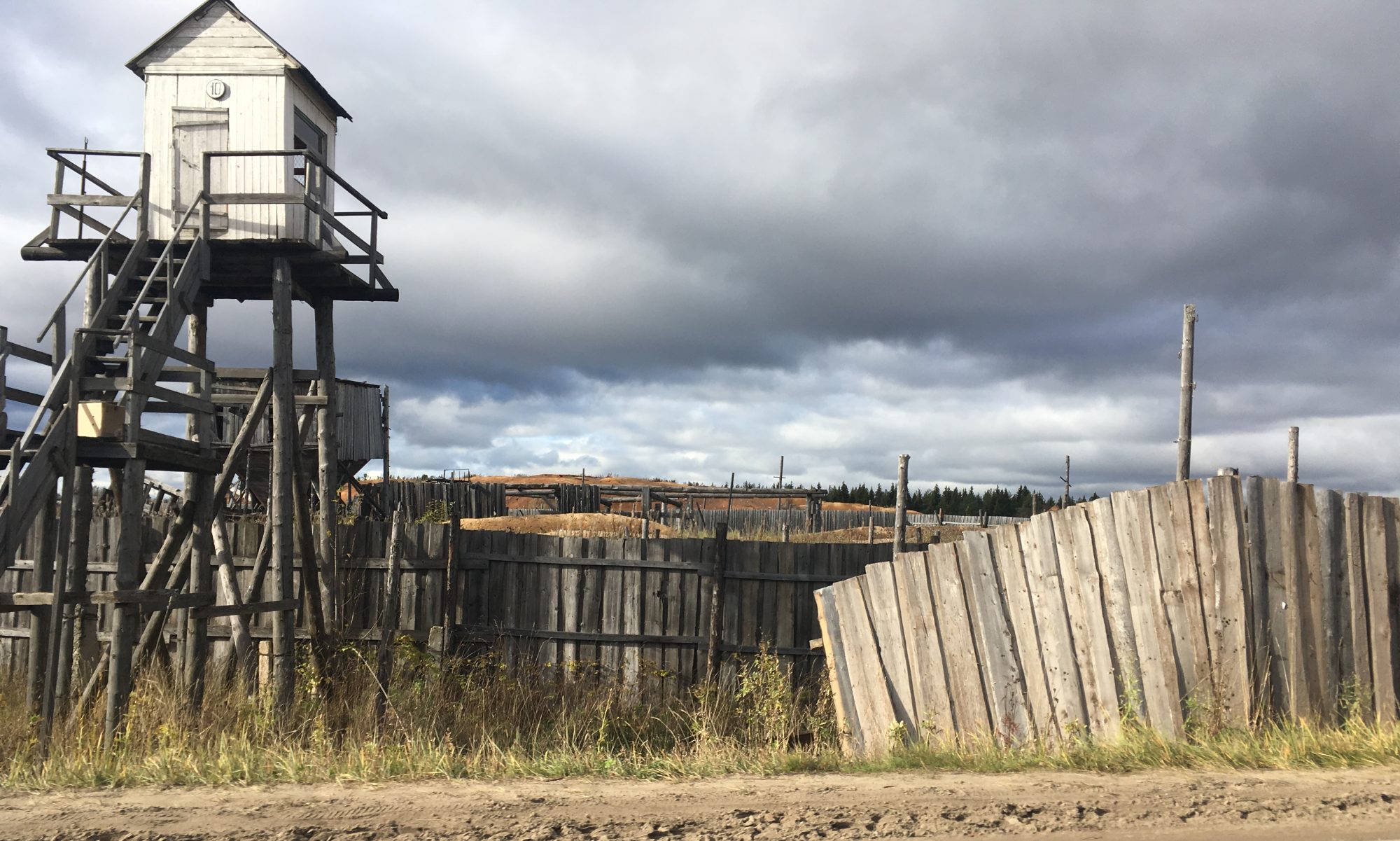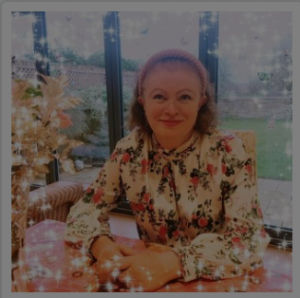On March 7-8, Dr Costanza Curro and Dr Vakhtang Kekoshvili attended a two-day meeting in Paris concerning the war in Ukraine, which had started just a couple of weeks before. The meeting took place instead of the international conference ‘The Making of the 1990s: The genesis of post-Soviet society through its material culture’, organized by Center for Russian, Caucasian and Eastern European Studies (CERCEC / EHESS – CNRS).
The originally planned event was supposed to host a number of scholars to discuss social and cultural dynamics of the Soviet 1990s through the prism of material culture. Dr Curro and Dr Kekoshvili had prepared a paper for presentation titled ‘People, time and tea: The end of the Soviet Union in the labour colony of Khoni, Georgia’. The paper explored life in the town of Khoni (Western Georgia) and the big correctional colony that it hosted in the late 1980s, through residents’ and former employees’ narratives related to the tea plantation where prisoners worked. Other topics covered by the papers to be presented included value, barter, the materiality of space, art, culture and music.
The beginning of the war in Ukraine urged organizers and participants to consider the appropriateness of holding the conference amidst such events. After a discussion on participants’ opinions and feelings – among whom there were scholars from both Ukraine and Russia – the organizers decided to cancel the conference. Instead, participants who were still able and willing to travel to Paris were invited at a meeting to discuss potential ways to deal with the conflict as academics and experts on the region. The main points of the discussion focused on ways to deal with Russian academic institutions and Russian scholars in connection with the opposition against the war (or the lack thereof), as well as on the future of research in Russia and the former Soviet region.

